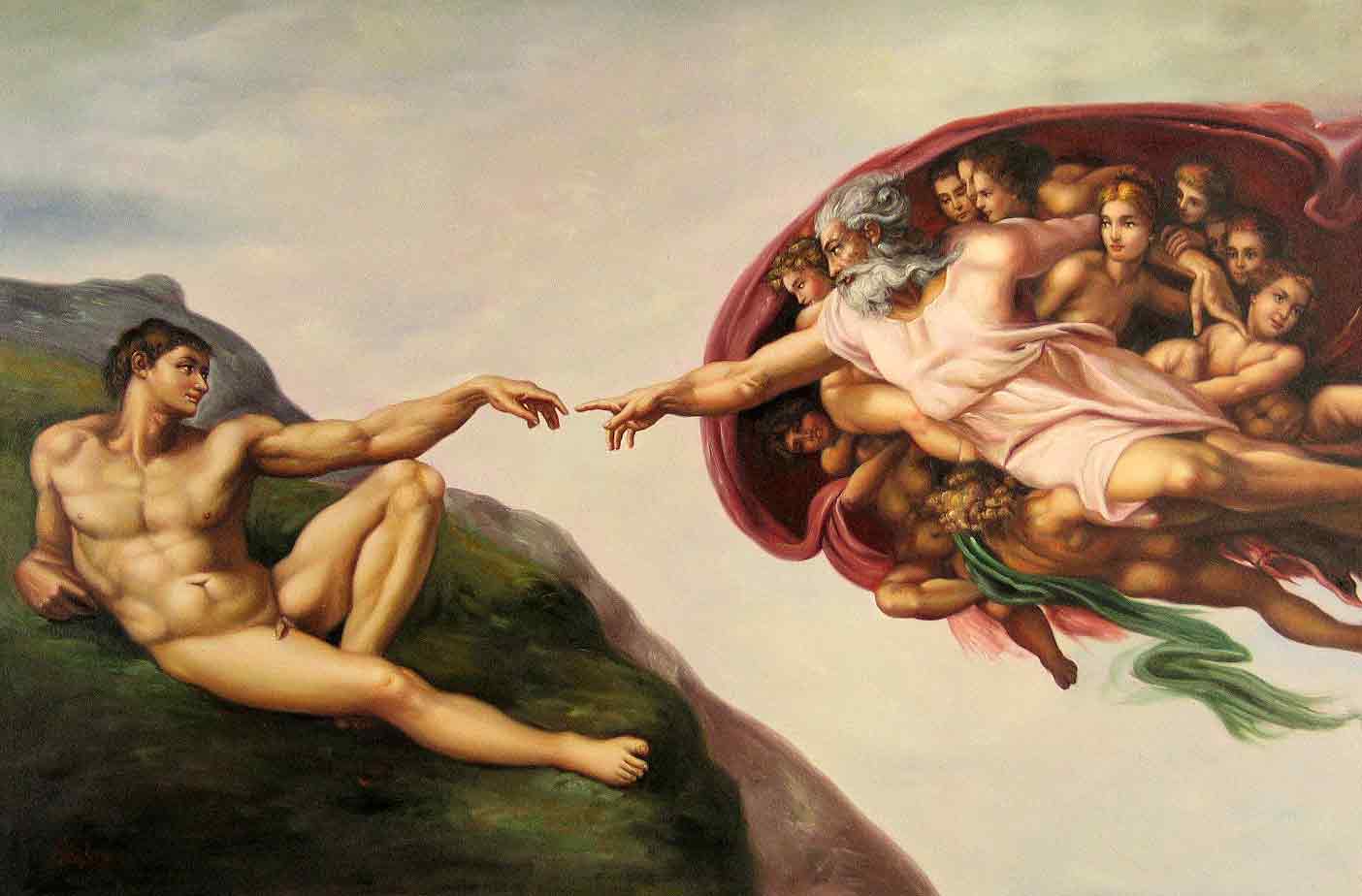
Creativity: The Initial Impulse
"Pass it on."
***
by Maria Popova
“What art does is to coax us away from the mechanical and towards the miraculous.”
 It has been argued that art is everyday therapy for the soul. For Tolstoy, art was a profound source of emotional infectiousness. For Oscar Wilde, it was about receptivity. Amidst recent discussion of the value of the humanities andwhether literature makes us better people, one has to wonder whether art does or should, too. What, exactly, is the value of art to the human spirit? That’s precisely what celebrated writer Jeanette Winterson — whose recent meditation on adoption, belonging, and how we use stories to save ourselves remains a must-read — considers in a 2006 essay, adding to history’s finest definitions of art:
It has been argued that art is everyday therapy for the soul. For Tolstoy, art was a profound source of emotional infectiousness. For Oscar Wilde, it was about receptivity. Amidst recent discussion of the value of the humanities andwhether literature makes us better people, one has to wonder whether art does or should, too. What, exactly, is the value of art to the human spirit? That’s precisely what celebrated writer Jeanette Winterson — whose recent meditation on adoption, belonging, and how we use stories to save ourselves remains a must-read — considers in a 2006 essay, adding to history’s finest definitions of art:What art does is to coax us away from the mechanical and towards the miraculous. The so-called uselessness of art is a clue to its transforming power. Art is not part of the machine. Art asks us to think differently, see differently, hear differently, and ultimately to act differently, which is why art has moral force. Ruskin was right, though for the wrong reasons, when he talked about art as a moral force. Art is not about good behaviour, when did you last see a miracle behave well? Art makes us better people because it asks for our full humanity, and humanity is, or should be, the polar opposite of the merely mechanical. We are not part of the machine either, but we have forgotten that. Art is memory — which is quite different [from] history. Art asks that we remember who we are, and usually that asking has to come as provocation — which is why art breaks the rules and the taboos, and at the same time is a moral force.
Complement with Winterson’s wonderful answer to a child’s question about why we fall in love.
No comments:
Post a Comment